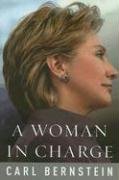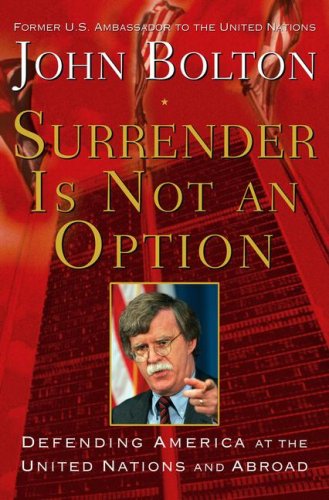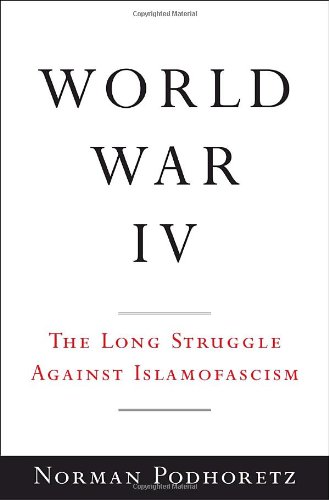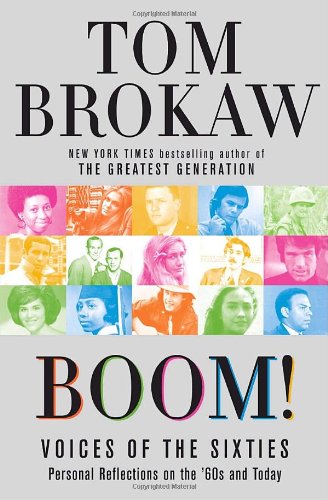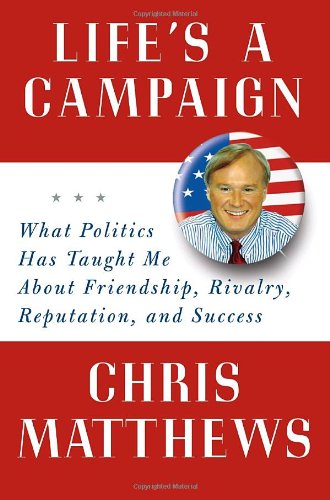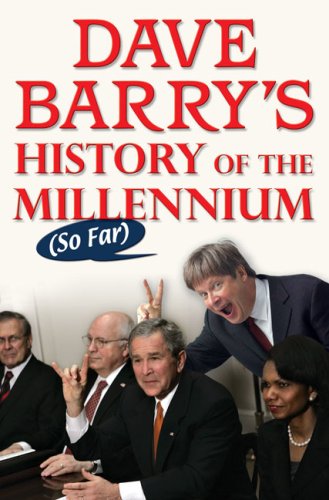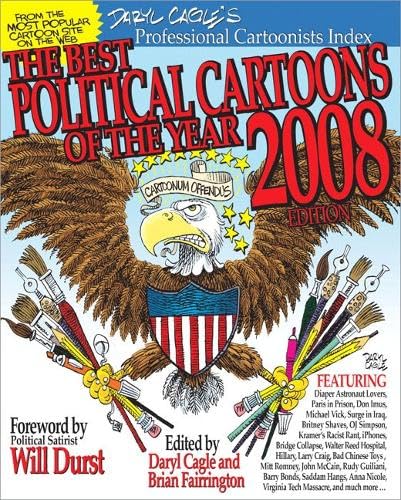The Best Political Books of 2007
Explore the best political books of 2007 with our curated list of top reads. Discover insightful analyses, groundbreaking ideas, and influential works that shaped the political landscape that year.
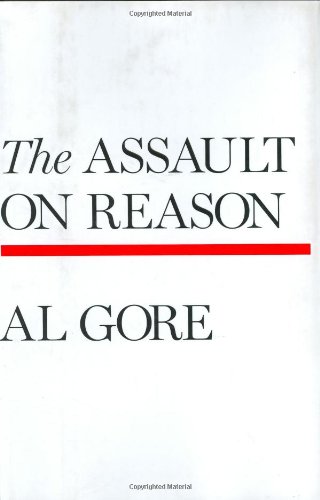
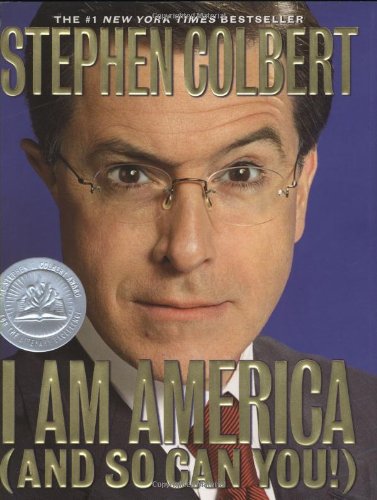
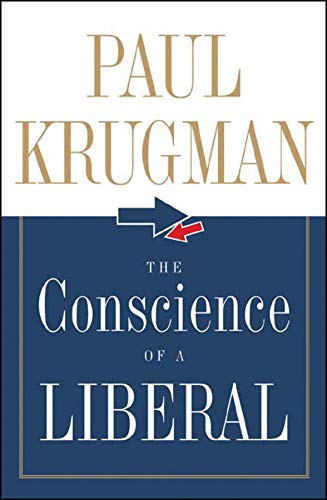
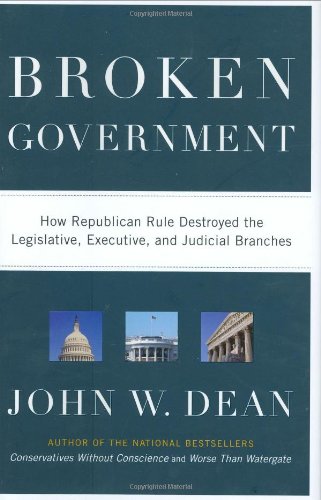

Book
Dead Certain
by Robert Draper
In the definitive book on the Bush presidency, a gifted reporter and longtime Bush observer with unprecedented access to the White House offers a revealing and balanced look at this most secretive of administrations.

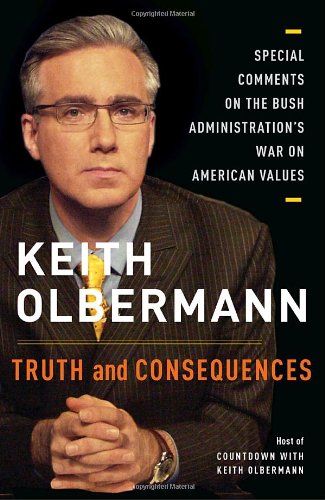
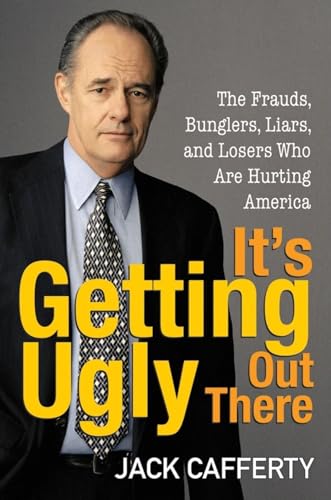

Book
If Democrats Had Any Brains, They'd be Republicans
by Ann H. Coulter
A must-have for anyone who loves Coulter, this book of Coulterisms chronicles the #1 bestselling author and conservative icons best, funniest, most devastating, and most outrageous quotations.

Book
Giving
by Bill Clinton
Here, from Bill Clinton, is a call to action. Giving is an inspiring look at how each of us can change the world. First, it reveals the extraordinary and innovative efforts now being made by companies and organizations—and by individuals—to solve problems and save lives both “down the street and around the world.” Then it urges us to seek out what each of us, “regardless of income, available time, age, and skills,” can do to help, to give people a chance to live out their dreams. Bill Clinton shares his own experiences and those of other givers, representing a global flood tide of nongovernmental, nonprofit activity. These remarkable stories demonstrate that gifts of time, skills, things, and ideas are as important and effective as contributions of money. From Bill and Melinda Gates to a six-year-old California girl named McKenzie Steiner, who organized and supervised drives to clean up the beach in her community, Clinton introduces us to both well-known and unknown heroes of giving. Among them: Dr. Paul Farmer, who grew up living in the family bus in a trailer park, vowed to devote his life to giving high-quality medical care to the poor and has built innovative public health-care clinics first in Haiti and then in Rwanda; a New York couple, in Africa for a wedding, who visited several schools in Zimbabwe and were appalled by the absence of textbooks and school supplies. They founded their own organization to gather and ship materials to thirty-five schools. After three years, the percentage of seventh-graders who pass reading tests increased from 5 percent to 60 percent;' Oseola McCarty, who after seventy-five years of eking out a living by washing and ironing, gave $150,000 to the University of Southern Mississippi to endow a scholarship fund for African-American students; Andre Agassi, who has created a college preparatory academy in the Las Vegas neighborhood with the city’s highest percentage of at-risk kids. “Tennis was a stepping-stone for me,” says Agassi. “Changing a child’s life is what I always wanted to do”; Heifer International, which gave twelve goats to a Ugandan village. Within a year, Beatrice Biira’s mother had earned enough money selling goat’s milk to pay Beatrice’s school fees and eventually to send all her children to school—and, as required, to pass on a baby goat to another family, thus multiplying the impact of the gift. Clinton writes about men and women who traded in their corporate careers, and the fulfillment they now experience through giving. He writes about energy-efficient practices, about progressive companies going green, about promoting fair wages and decent working conditions around the world. He shows us how one of the most important ways of giving can be an effort to change, improve, or protect a government policy. He outlines what we as individuals can do, the steps we can take, how much we should consider giving, and why our giving is so important. Bill Clinton’s own actions in his post-presidential years have had an enormous impact on the lives of millions. Through his foundation and his work in the aftermath of the Asian tsunami and Hurricane Katrina, he has become an international spokesperson and model for the power of giving. “We all have the capacity to do great things,” President Clinton says. “My hope is that the people and stories in this book will lift spirits, touch hearts, and demonstrate that citizen activism and service can be a powerful agent of change in the world.”
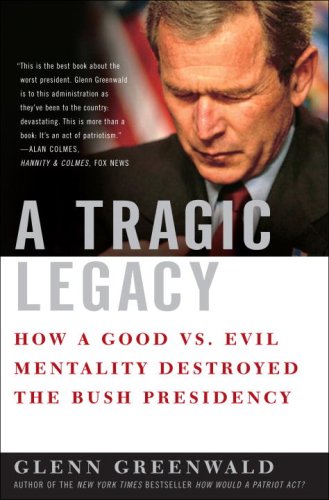
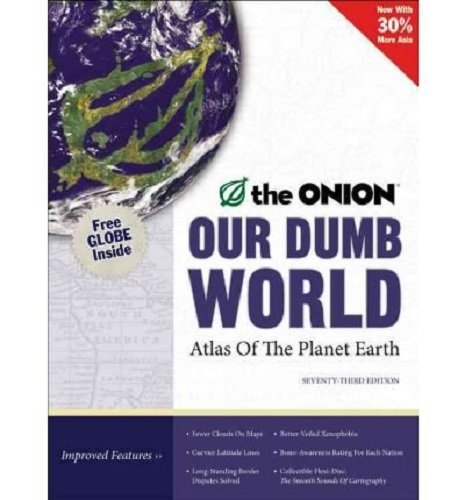
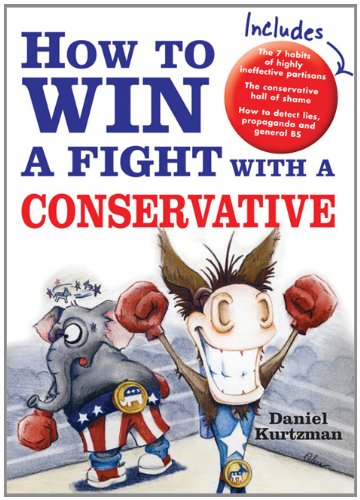
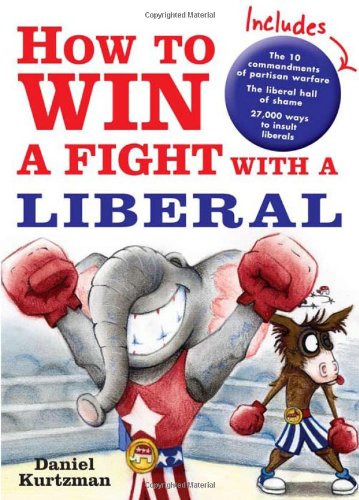
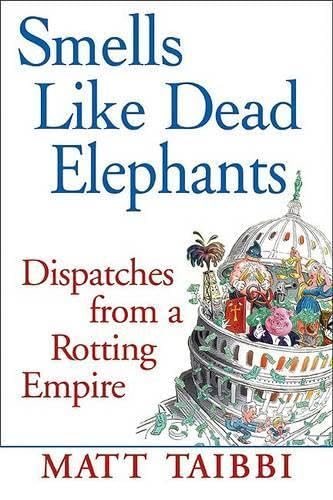
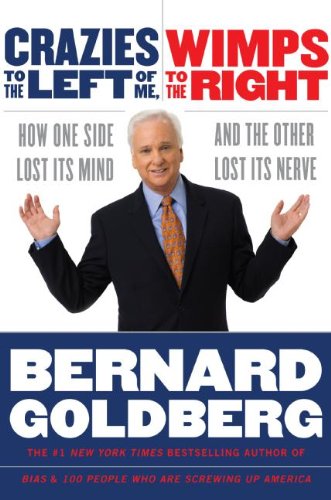
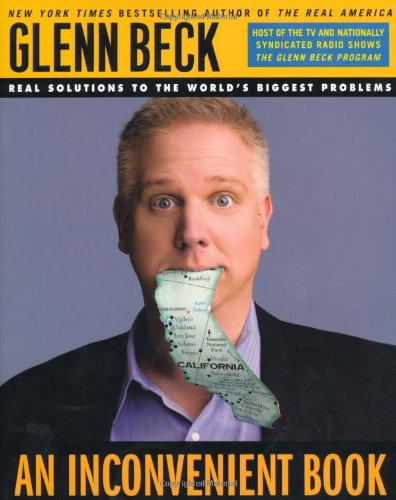
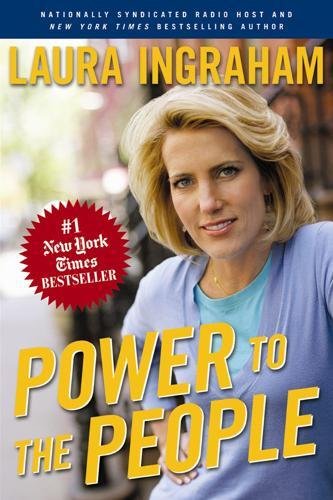

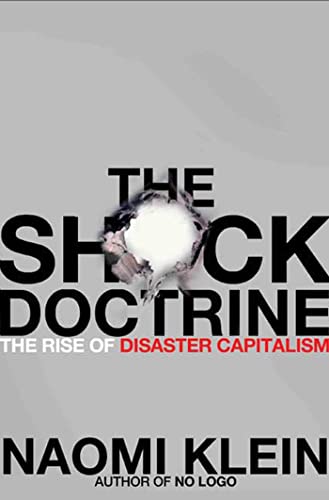

Book
The Age of Turbulence
by Alan Greenspan
The former Federal Reserve Board chairman reveals the financial close call that nearly resulted in an economic disaster after September 11, his efforts to safeguard American interests, and the personal and educational history that informed his choices.
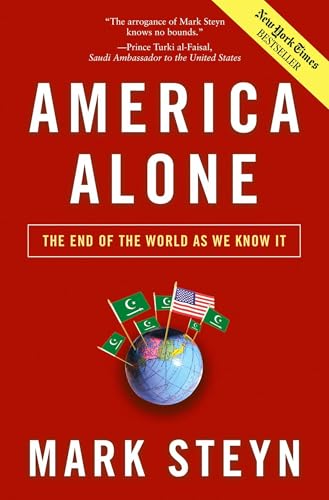

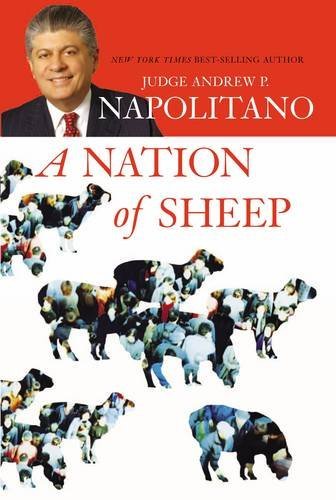
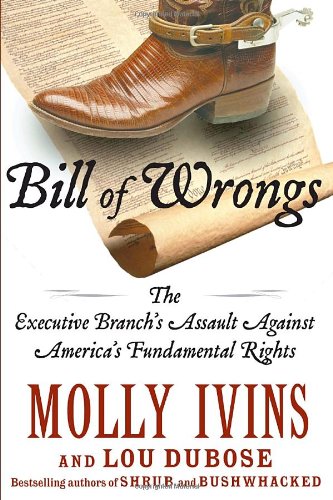

Book
Cracking the Code
by Thom Hartmann
Millions of working Americans talk, act, and vote as if their economic interests match those of the megawealthy, the multinational corporations, and the politicians who do their bidding. How did this happen? Bestselling author Thom Hartmann says it's because the apologists of the Right have become masters of the subtle and largely subconscious aspects of political communication. It's not an escalation in Iraq, it's a surge; it's not the inheritance tax, it's the death tax; it's not drilling for oil, it's exploring for energy. Conservatives didn't intuit the path to persuasive messaging--they learned these techniques. There is no reason why progressives can't learn them too. In Cracking the Code, Hartmann shows you how. Drawing on his background as a psychotherapist and advertising executive as well as a nationally syndicated Air America radio host, he breaks down the science and technology of effective communication so you can apply it to your own efforts to counter right-wing disinformation. As Hartmann explains, political persuasion is as much about biology as ideology, about knowing how the brain processes information and how that influences the way people perceive messages, make decisions, and form a worldview. Throughout the book, he shows you precisely how to master this technology--how to crack the communications code--providing examples dating from the time of the Founding Fathers to the present day.
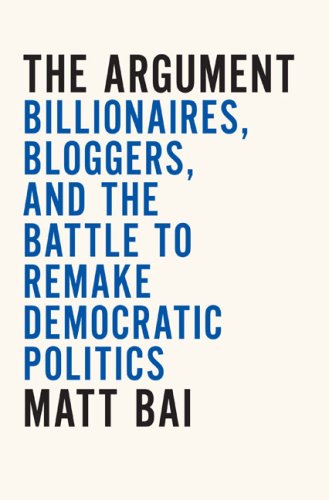


Book
The Nine
by Jeffrey Toobin
Drawing on exclusive interviews with the Supreme Court justices and other insiders, a behind-the-scenes look at the powerful, often secretive world of the Supreme Court offers profiles of each justice and how their individual styles affect the way in which they wield their power and discusses how the Court operates, the recent appointments of John Roberts and Samuel Alito, and the Court's influence on American life. 150,000 first printing.
